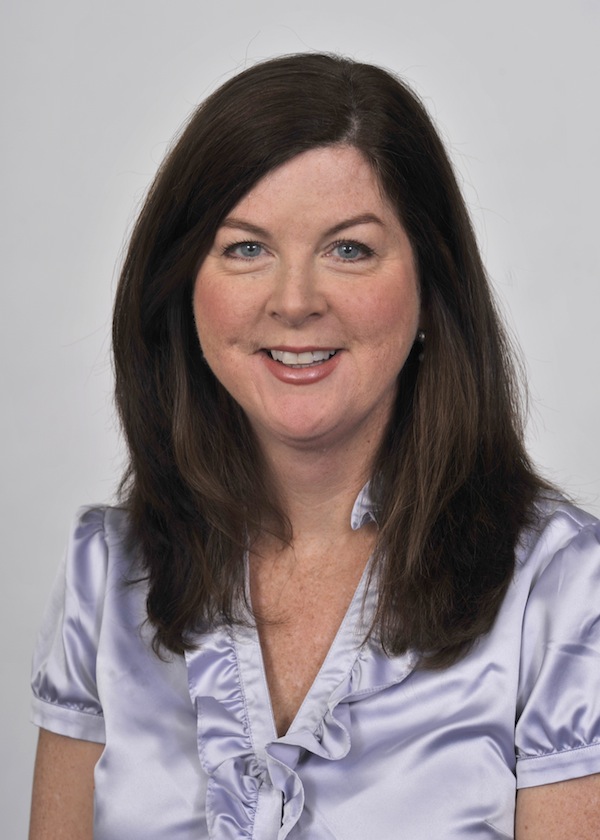In the U.S. alone, this year, almost 13,000 cases of invasive cervical cancer will be diagnosed, with over 4,000 deaths due to this tragic and preventable cancer. An effective HPV vaccination program can greatly reduce the rates of cervical cancer in this country.
In recent months, the news has featured stories about a vaccine called Gardasil that was approved several years ago by the Food and Drug Administration (FDA) for prevention of disease caused by HPV (clinical name is human papilloma virus). Gardasil is recently approved for boys and girls alike. The FDA has recently licensed a second vaccine, Cervarix, and both are shown to effectively prevent HPV infection.
Studies have shown that both vaccines are nearly 100% effective in protecting females who have not already been exposed to the covered types of HPV. HPV infection is quite prevalent in the population, and is sexually transmitted. There are many subtypes of HPV; the most common being types 6, 11, 16 and 18. Types 6 and 11 are more commonly associated with genital warts. Types 16 and 18 are responsible for the vast majority of cervical cancers.
Vaccination before the onset of sexual activity most effectively prevents cervical cancer later in life. The Center for Disease Control recommends that girls age 11 and 12 receive the HPV vaccination, with a catch-up vaccination recommended for girls and women age 13-26. Girls as young as 9 years old can be safely vaccinated. The American Congress of Obstetricians and Gynecologists (ACOG) supports these recommendations. Certainly girls younger than 12 or 13 may not completely comprehend the facts and recommendations behind the vaccine, but this may also be true for a host of other recommended vaccines.
HPV vaccination is safe. Although any vaccine can pose a risk, the Food and Drug Administration and the Center for Disease Control have extensively studied these vaccines, and have concluded that they are both safe and effective. Research by the Institute of Medicine found no links between immunization and some serious conditions that have raised concerns, including diabetes and autism. The vaccines do not cover every strain of HPV, and patients should still have regular screening pap smears.
ACOG represents 56,000 OBGYNs and partners in women’s health, and places women’s health first. Facts are very important, especially when debating the health of women and girls. For further understanding of this and other important issues concerning women’s health, contact your OBGYN, or visit the ACOG website at acog.org.
Robin Matthews, MD, FACOG, is with Haywood Women’s Medical Center at MedWest-Haywood in Clyde, N.C. and is a member of the Western Carolina Medical Society.



Before you comment
The comments section is here to provide a platform for civil dialogue on the issues we face together as a local community. Xpress is committed to offering this platform for all voices, but when the tone of the discussion gets nasty or strays off topic, we believe many people choose not to participate. Xpress editors are determined to moderate comments to ensure a constructive interchange is maintained. All comments judged not to be in keeping with the spirit of civil discourse will be removed and repeat violators will be banned. See here for our terms of service. Thank you for being part of this effort to promote respectful discussion.